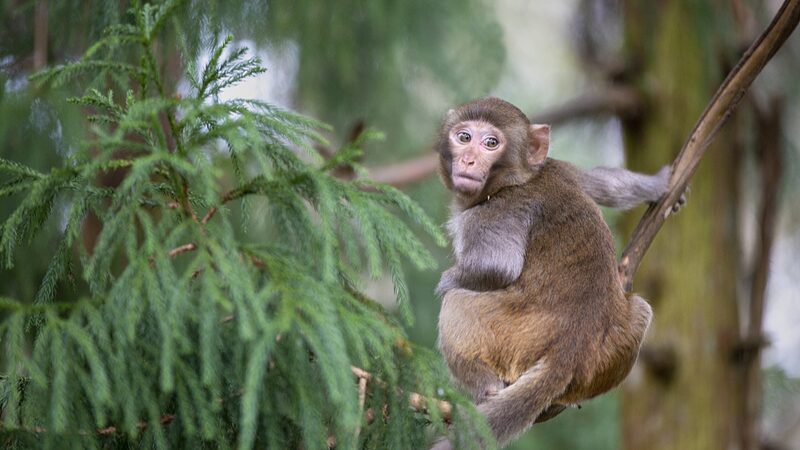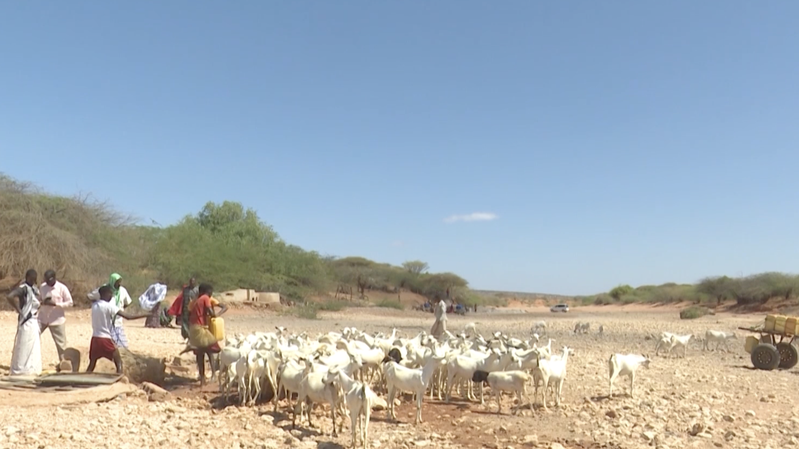In a significant shift, prosecutors in Nanyang, Henan Province, central China, dropped charges in a case involving the trade of macaques in March 2023. This decision was influenced by recent changes in legislation and judicial interpretations, referencing an April 2022 document from China’s top procuratorate and court.
The revised wildlife protection law introduces a \"graded, categorized management of wild animals bred in captivity,\" prioritizing \"national key protected wildlife\" over \"three-haves\" species—those deemed to have \"special ecological, scientific, or social significance.\"
One of the notable changes in the law is the modification of Article 25, which now requires only a record to be filed with local authorities for breeding \"three-haves\" animals, replacing the previous mandate for a breeding license. This shift has sparked concerns among civil society organizations, who worry that the relaxed restrictions may undermine conservation efforts, fuel the growth of the wildlife breeding industry, and facilitate the mislabeling of unlawfully hunted animals as captive-bred.
However, some scholars argue that the amended law enhances conservation management by allowing more case-by-case assessments rather than applying a universal approach. Yue Zhongming from the Legislative Affairs Commission of the NPC Standing Committee highlighted that the existing law, established in 1988 and amended multiple times, has been pivotal in protecting wild animals and their habitats, preserving biodiversity, and advancing ecological conservation in China.
Ran Jingcheng, head of the wildlife and forest plant management station in Guizhou Province, emphasized that strengthening wild animal management involves more than just banning artificial breeding. He pointed out the importance of clearly defining wild and artificially bred animals and advocated for the rational use of artificially bred species to protect endangered populations and support rural industrial structures.
Conversely, Jin Keke, a professor at the School of Law at East China University of Political Science and Law, called for a complete ban on wild animal trade from a public health and safety perspective. Yang Zhaoxia, a professor at Beijing Forestry University, suggested a comprehensive approach that combines key and universal protection, ensuring that all wild animals with conservation value receive legal protection, including those currently outside protected lists.
The debate surrounding the revised wildlife breeding laws reflects a broader discussion on how best to balance conservation efforts with economic and industrial interests, highlighting the complexities of wildlife management in modern China.
Reference(s):
cgtn.com




